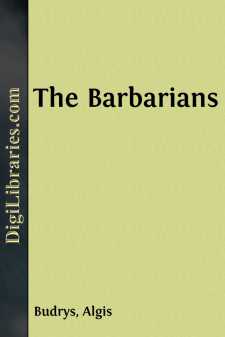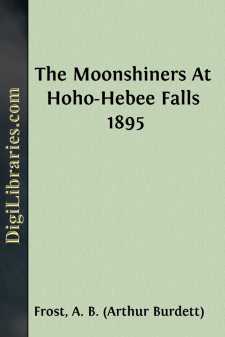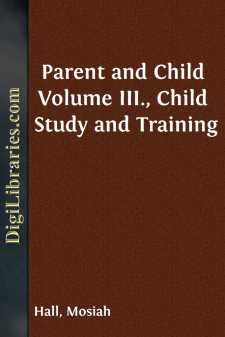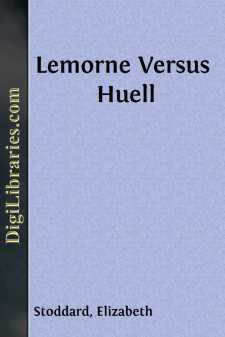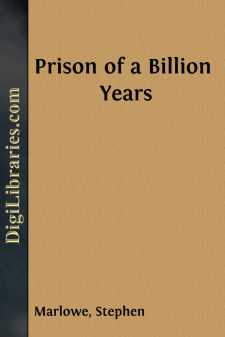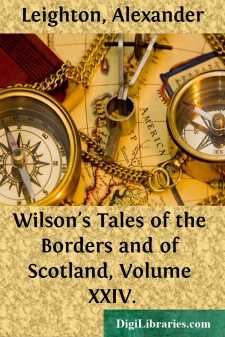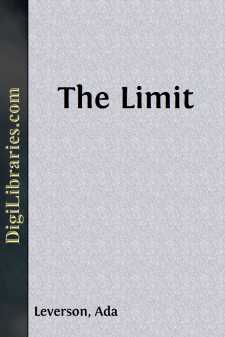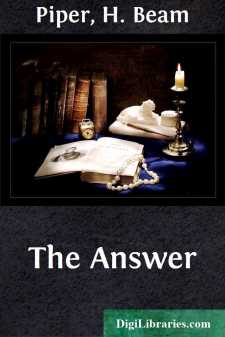Categories
- Antiques & Collectibles 13
- Architecture 36
- Art 48
- Bibles 22
- Biography & Autobiography 813
- Body, Mind & Spirit 142
- Business & Economics 28
- Children's Books 17
- Children's Fiction 14
- Computers 4
- Cooking 94
- Crafts & Hobbies 4
- Drama 346
- Education 46
- Family & Relationships 57
- Fiction 11829
- Games 19
- Gardening 17
- Health & Fitness 34
- History 1377
- House & Home 1
- Humor 147
- Juvenile Fiction 1873
- Juvenile Nonfiction 202
- Language Arts & Disciplines 88
- Law 16
- Literary Collections 686
- Literary Criticism 179
- Mathematics 13
- Medical 41
- Music 40
- Nature 179
- Non-Classifiable 1768
- Performing Arts 7
- Periodicals 1453
- Philosophy 64
- Photography 2
- Poetry 896
- Political Science 203
- Psychology 42
- Reference 154
- Religion 513
- Science 126
- Self-Help 84
- Social Science 81
- Sports & Recreation 34
- Study Aids 3
- Technology & Engineering 59
- Transportation 23
- Travel 463
- True Crime 29
Sort by:
by:
Algis Budrys
It was just as he saw The Barbarian's squat black tankette lurch hurriedly into a nest of boulders that young Giulion Geoffrey realized he had been betrayed. With the muzzle of his own cannon still hot from the shell that had jammed The Barbarian's turret, he had yanked the starboard track lever to wheel into position for the finishing shot. All around him, the remnants of The...
more...
If the mission of the little school-house in Holly Cove was to impress upon the youthful mind a comprehension and appreciation of the eternal verities of nature, its site could hardly have been better chosen. All along the eastern horizon deployed the endless files of the Great Smoky Mountains—blue and sunlit, with now and again the apparition of an unfamiliar peak, hovering like a straggler in the...
more...
by:
Mosiah Hall
THE BIRTHRIGHT OF CHILDHOOD It Is the Sacred Right of the Child To Be Well-Born If the child has any divine right in this world, it is the right to be well-born, to be brought into the world sound of body and whole in mind. To be given anything short of such a good beginning is to be handicapped throughout life. Education and training cannot make up for the defects imposed on the child by the sins of...
more...
by:
Stephen Crane
Do not weep, maiden, for war is kind.Because your lover threw wild hands toward the skyAnd the affrighted steed ran on alone,Do not weep.War is kind. Hoarse, booming drums of the regiment, Little souls who thirst for fight, These men were born to drill and die. The unexplained glory files...
more...
The two months I spent at Newport with Aunt Eliza Huell, who had been ordered to the sea-side for the benefit of her health, were the months that created all that is dramatic in my destiny. My aunt was troublesome, for she was not only out of health, but in a lawsuit. She wrote to me, for we lived apart, asking me to accompany her—not because she was fond of me, or wished to give me pleasure, but...
more...
by:
Stephen Marlowe
dam Slade crushed the guard's skull with a two foot length of iron pipe. No one ever knew where Slade got the iron pipe, but it did not seem so important. The guard was dead. That was important. And Slade was on the loose. With a hostage. That was even more important. The hostage's name was Marcia Lawrence. She was twenty-two years old and pretty and scared half out of her wits. She was,...
more...
by:
Tom Leahy
The little man said, "Why, Mr. Bartle, come in. This is indeed a pleasure." His pinched face was lighted with an enthusiastic smile. "You know my name, so I suppose you know the Bulletin sent me for a personality interview," the tall man who stood in the doorway said in a monotone as if it were a statement he had made a thousand times—which he had. "Oh, certainly, Mr. Bartle. I...
more...
I. EDMUND AND HELEN. CANTO FIRST. Come, sit thee by me, love, and thou shalt hearA tale may win a smile and claim a tear—A plain and simple story told in rhyme,As sang the minstrels of the olden time.No idle Muse I'll needlessly invoke—No patron's aid, to steer me from the rockOf cold neglect round which oblivion lies;But, loved one, I will look into thine eyes,From which young poesy...
more...
by:
Ada Leverson
CHAPTER I VALENTIA "Romer, are you listening?" "Valentia, do I ever do anything else?" "I've almost decided and absolutely made up my mind that it will look ever so much better if you don't go with me to Harry's dinner after all." "Really?" "Yes. We two—you and I—always seem to make such an enormous family party! Of course, I know we have to go...
more...
by:
H. Beam Piper
For a moment, after the screen door snapped and wakened him, Lee Richardson sat breathless and motionless, his eyes still closed, trying desperately to cling to the dream and print it upon his conscious memory before it faded. "Are you there, Lee?" he heard Alexis Pitov's voice. "Yes, I'm here. What time is it?" he asked, and then added, "I fell asleep. I was...
more...


